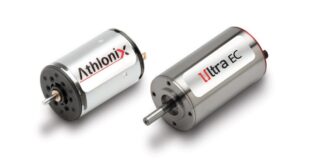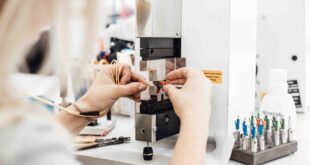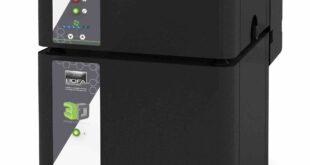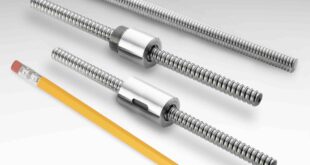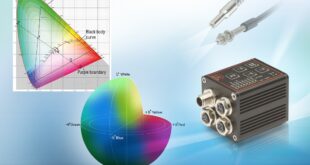The Engineered Materials Group of Parker Hannifin has developed a new, robust EPDM sealing material named EJ820, specifically designed for drinking water applications.
Thanks to gaining all relevant national and international drinking water approvals, the material can be utilised worldwide.
Due to its material properties and compatibility profile, EJ820 is also perfectly suited for other applications, such as in heating and solar thermal energy systems, the chemical industry and more.
In addition to drinking water, hot water, and hot steam at up to 180°C, the new material’s robustness and properties means it is also the ideal choice for use in many organic and inorganic acids, detergents, sodium and caustic potash, in polar solvents, silicone oils and greases, and in hydraulic fluids based on phosphoric acid esters (HFD-R).
The product range extends from conventional O-rings (imperial and metric dimensions up to several meters in diameter) to membranes and custom components engineered according to customer drawings. Additionally, EJ820 can be utilised in rubber-metal composites.
Reliable long-term durability
Seals made from EJ820 can be used in valves, fittings and piping systems, as radial shaft seals in feed pumps, or for sealing sensors in drinking water operations.
Thanks to its mechanical properties, wide chemical and thermal resistance, excellent permanent elasticity and enhanced resistance against autoxidation, the toxicologically harmless compound EJ820 delivers the reliability and long service life needed in most applications.
Domestic water piping systems, for instance, are expected to last a minimum of 30 years after installation.
Wide application range beyond drinking water
Thanks to the material’s outstanding resistance, sealing elements produced from EJ820 can be utilised in a wide range of applications with challenging media. In addition to drinking water applications, the material is suitable for instance in service water systems, in heating technology, in pressure and temperature measurement technology, and in solar thermal energy systems.
When utilised in the beverage industry, the material’s resistance in CIP/SIP cleaning processes is of paramount importance; whereas in the pharmaceutical sector, its ability to withstand aqueous processes, for instance in steam pressure sterilization, is essential.
The application profile of EJ820 is complemented by possible uses in the chemical industry and in glycol-based brake fluids up to 150 °C, silicone oils and silicone greases.
Efficient processes due to easy and low-friction installation
As an additional benefit, Parker Prädifa offers final treatment with its ParCoat coatings for EJ820 seals. The coating allows the seals to be installed with low friction and minimal application of force using automatic equipment.
Unlike surfaces treated with oils or greases, seals coated with ParCoat will not contaminate the feeding systems of automatic installation equipment:
The rings will not stick together or be damaged and can be stretched by as much as 150% without the anti-friction coating bursting or cracking. The installation process can be repeated several times with identical force application.
 Engineer News Network The ultimate online news and information resource for today’s engineer
Engineer News Network The ultimate online news and information resource for today’s engineer
